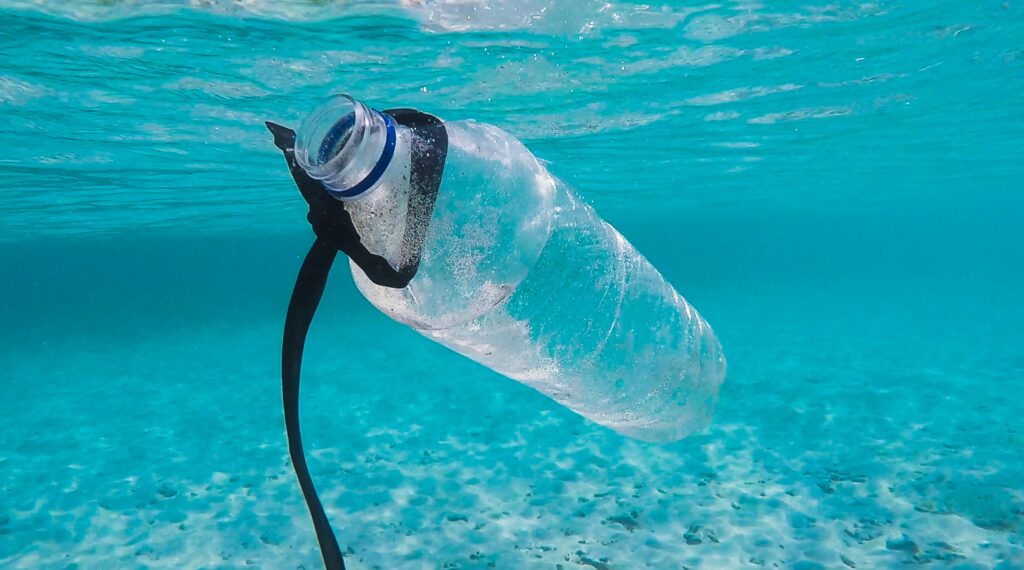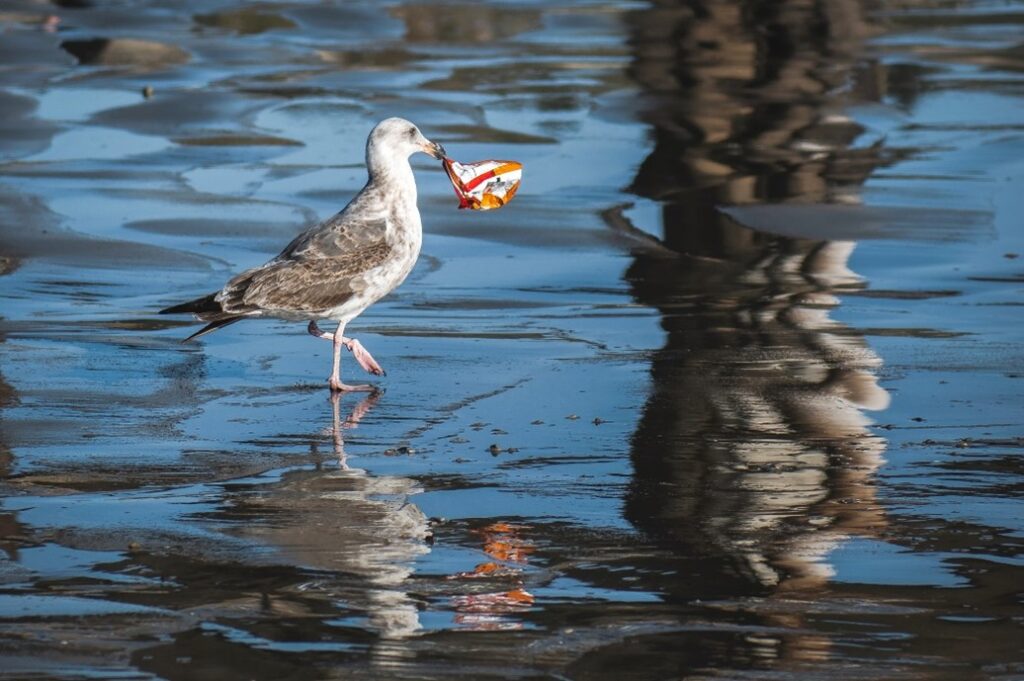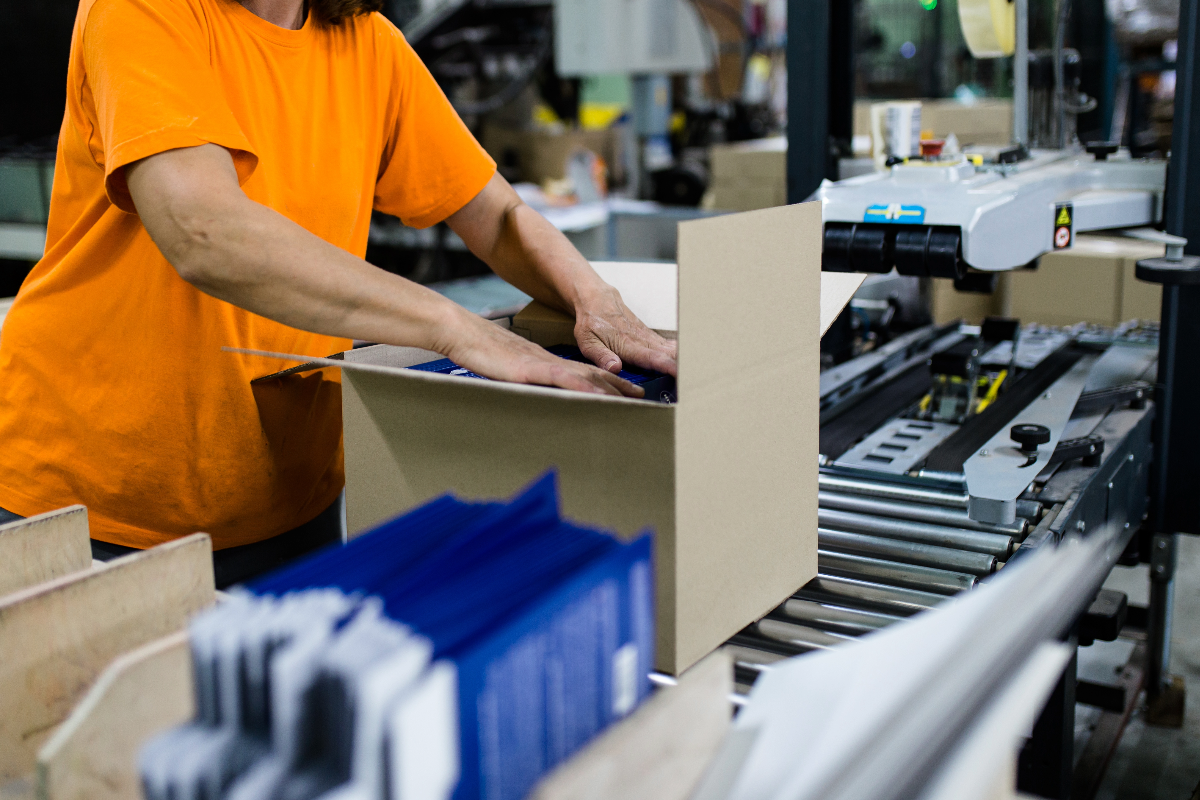BLOG
How single use plastics are damaging our environment

Single-use plastics were designed for our “throwaway society” and are created to be used only once. They include item such as drinks bottles; throwaway cups; light-weight plastic packaging; disposable utensils and containers.
Several studies report that the trend of using single-use plastics will keep growing. Throwaway plastic packaging accounts for 40% of total plastic demand, driving increased production from 2 million tonnes in the 1950s to a massive 380 million tonnes in 2015. Furthermore, the world generates 381 million tonnes of plastic waste every year, which is expected to treble by 2034. However, according to the World Economic Forum (2016), more than 80% is discarded as litter, with 40% being landfilled, 14% being carbonised, and 32% being released into the natural environment. Only 14% of the plastic waste gets recycled.
Why is single-use plastic an issue?
Plastic takes more than 400 years to disintegrate and causes a vast and lasting impact on the environment and ecosystems.
Ocean
Sadly, our seas and oceans are the destination for most single-use plastic litter. In fact every year more than 10 million tonnes of plastic are poured into our oceans.
As well as washing up as litter on our beaches, plastic pollution is now going deeper into the water than ever. UNEP discovered plastic bags in the Marina Trench, the world’s deepest ocean trench. Since plastic takes such a long time to break down, the potential threats from plastic pollution are serious because deep-sea ecosystems recover slowly. UNEP also carried out a series of 5,010 dives – found over 3,000 pieces of man-made waste. Over 30 per cent of this waste was macro-plastic, with 89 per cent being single-use items – contributing to negative impacts on the marine ecosystems.
Wildlife
Plastic kills millions of animals yearly, and it is known to have harmed nearly 700 species, including endangered species. Studies indicate that plastic has been identified in the stomachs of over 45 per cent of the 367 marine bird species. Plastic is poisonous and can cause health issues to wildlife. Even if disposed of, plastics that find their ways to landfill can leach chemicals into the local environment and watercourses, causing problems to local wildlife. Watercourses containing plastic, chemicals or microplastics can be harmful to aquatic wildlife and animals. Waste plastic can also trap and wound animals and disrupt their habitats, making it difficult for some species to survive and reproduce, leading to population reductions.

Human
Plastic pollution impacts everyone in the food chain, including primary consumers, secondary predators and eventually humans. Many marine species, including fish, shrimp, prawns and mussels, appear on our dinner plates and have been found to contain microplastics which we unwittingly consume. In a week we could be ingesting the equivalent of a credit card of plastic – this amounts to more than 2.5kg of plastic over a decade, and 20kg over our lifetimes. Several studies reveal that chemical additives in plastic products lead to significant health issues, including hormone-related malignancies, infertility, and neurodevelopmental disorders like ADHD and autism. It’s not only littered plastic that’s an issue – even plastic that’s sent to recycling could be causing health issues for those in the recycling sector that separate and process waste plastics.
Reducing single-use plastics
How can we as individuals help to stop this? You can make easy changes by carrying your own reusable containers and shopping bags. Changing your shopping habits can also make huge differences, for instance, buying your groceries from local suppliers such as butchers and grocers – their products tend not to be overly packaged with plastic materials as you might find in supermarkets. If you can, when shopping for fresh produce like fruit and veg, choose loose rather than pre-packaged. You could also try a zero-waste or weigh store and carry the groceries in your own reusable containers. Many beauty products are now being packaged as plastic free – for example shampoo bars rather than bottles; and refill pouches for hand soap and washing up liquid. Using reusable containers, drinks bottles, and bags and avoiding single use plastics where possible will make a huge impact on your plastic footprint.
Legislation interventions
Several government initiatives have been introduced in attempts to limit the amount of single use plastics in circulation and to avoid littering and pollution.
Single-use plastic cutlery is already prohibited in Scotland, Wales and Northern Ireland, with a plan to ban single use cutlery, plates and polystyrene cups in England expected to happen in 2023. The charge on single-use plastic bags in England has been successful – with reduced usage in major supermarkets by 95% since 2015, and the scheme now extended to all businesses. Other single use plastics use have been also banned – for example straws, cotton buds, and stirrers.
A deposit return scheme for plastic bottles is set to be introduced in Scotland in 2023 in an effort to increase the recycling rates for single use plastics. Consumers will pay a surcharge which can be reclaimed when they return the empty container to an outlet. A similar scheme is expected in England but won’t begin until at least 2024.
Since April 2022, manufacturers of plastic packaging – including drinks bottles, containers for health and beauty products etc have been subject to an additional tax – whether or not the packaging is full or sold to be filled elsewhere. This also applies to plastic that is imported.
Some manufacturers have been looking at developing alternatives to single use plastics – using alternative and sustainable materials for their products or creating reusable items.
However, legislation and new initiatives can’t 100% address the problem of littering and of plastics finding their way into our seas – this needs to be a collective effort for manufacturers, governments, and individuals.
Contact us
Could your business recycle more of its waste? Contact us to find out how we can support you to become more environmentally friendly and save money on your recycling.




